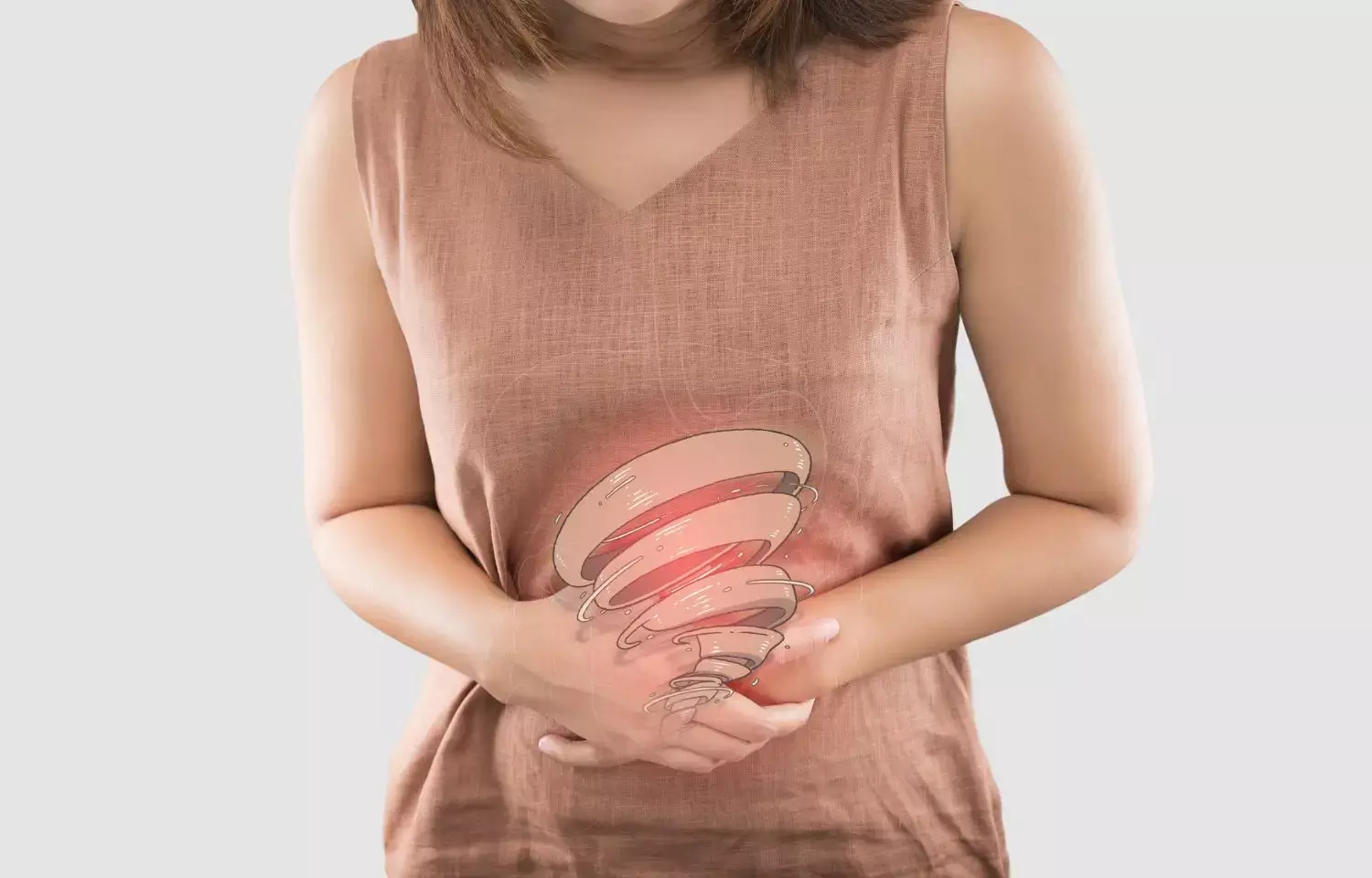- Home
- Medical news & Guidelines
- Anesthesiology
- Cardiology and CTVS
- Critical Care
- Dentistry
- Dermatology
- Diabetes and Endocrinology
- ENT
- Gastroenterology
- Medicine
- Nephrology
- Neurology
- Obstretics-Gynaecology
- Oncology
- Ophthalmology
- Orthopaedics
- Pediatrics-Neonatology
- Psychiatry
- Pulmonology
- Radiology
- Surgery
- Urology
- Laboratory Medicine
- Diet
- Nursing
- Paramedical
- Physiotherapy
- Health news
- Fact Check
- Bone Health Fact Check
- Brain Health Fact Check
- Cancer Related Fact Check
- Child Care Fact Check
- Dental and oral health fact check
- Diabetes and metabolic health fact check
- Diet and Nutrition Fact Check
- Eye and ENT Care Fact Check
- Fitness fact check
- Gut health fact check
- Heart health fact check
- Kidney health fact check
- Medical education fact check
- Men's health fact check
- Respiratory fact check
- Skin and hair care fact check
- Vaccine and Immunization fact check
- Women's health fact check
- AYUSH
- State News
- Andaman and Nicobar Islands
- Andhra Pradesh
- Arunachal Pradesh
- Assam
- Bihar
- Chandigarh
- Chattisgarh
- Dadra and Nagar Haveli
- Daman and Diu
- Delhi
- Goa
- Gujarat
- Haryana
- Himachal Pradesh
- Jammu & Kashmir
- Jharkhand
- Karnataka
- Kerala
- Ladakh
- Lakshadweep
- Madhya Pradesh
- Maharashtra
- Manipur
- Meghalaya
- Mizoram
- Nagaland
- Odisha
- Puducherry
- Punjab
- Rajasthan
- Sikkim
- Tamil Nadu
- Telangana
- Tripura
- Uttar Pradesh
- Uttrakhand
- West Bengal
- Medical Education
- Industry
Inflammatory Bowel Disease Linked to Increased Stroke Risk, claims study

A new study published in BMC Gastroenterology identified that patients with inflammatory bowel disease (IBD), such as Crohn's disease (CD) and ulcerative colitis (UC), have a much increased risk of stroke than the general population. The study was conducted by Chao L. and fellow researchers in China. IBD is a chronic inflammatory bowel disease that mostly occurs in the gastrointestinal tract, although new evidence also indicates that systemic inflammation could contribute to cardiovascular complications.
Systematic broad systematic literature search was done via databases like PubMed, Embase, CENTRAL, Scopus, and CINAHL until the date of publications up to September 2023. Hazard ratios for 95% CIs were estimated in the hope to define stroke risk among IBD patients versus the normal population. The risk was divided into subgroup analysis for CD, UC, and overall IBD cases. Publication bias was assessed with Begg's and Egger's tests, and sensitivity analyses were performed to ensure the stability of findings.
Results
• 13 studies involving 2,802,955 participants were included in the analysis. Major findings of the study are as follows:
• IBD patients had 30% increased risk of stroke, with a pooled HR of 1.30 (95% CI 1.21–1.39).
• Subgroup analysis revealed that Crohn's disease patients had a 35% higher stroke risk (HR: 1.35, 95% CI 1.22–1.49).
• Patients with ulcerative colitis were at a 15% higher stroke risk (HR: 1.15, 95% CI 1.09–1.22).
• Large heterogeneity was found between studies, but no significant publication bias.
• Sensitivity analyses established the stability and consistency of the findings.
This research offers strong evidence that IBD patients, especially those with Crohn's disease, have a higher risk of stroke. The results reinforce the importance of aggressive cardiovascular risk management among IBD patients to avoid stroke and enhance long-term health. Further studies need to investigate the exact mechanisms that associate IBD with cerebrovascular events and investigate targeted interventions for reducing these risks.
Reference:
Dr Riya Dave has completed dentistry from Gujarat University in 2022. She is a dentist and accomplished medical and scientific writer known for her commitment to bridging the gap between clinical expertise and accessible healthcare information. She has been actively involved in writing blogs related to health and wellness.
Dr Kamal Kant Kohli-MBBS, DTCD- a chest specialist with more than 30 years of practice and a flair for writing clinical articles, Dr Kamal Kant Kohli joined Medical Dialogues as a Chief Editor of Medical News. Besides writing articles, as an editor, he proofreads and verifies all the medical content published on Medical Dialogues including those coming from journals, studies,medical conferences,guidelines etc. Email: drkohli@medicaldialogues.in. Contact no. 011-43720751


